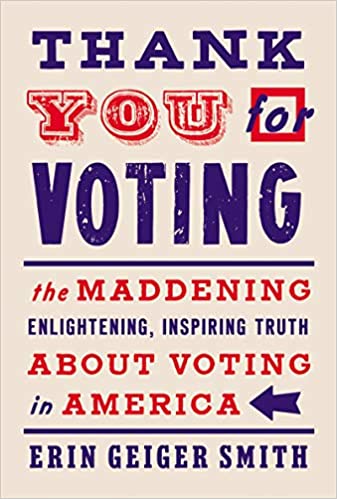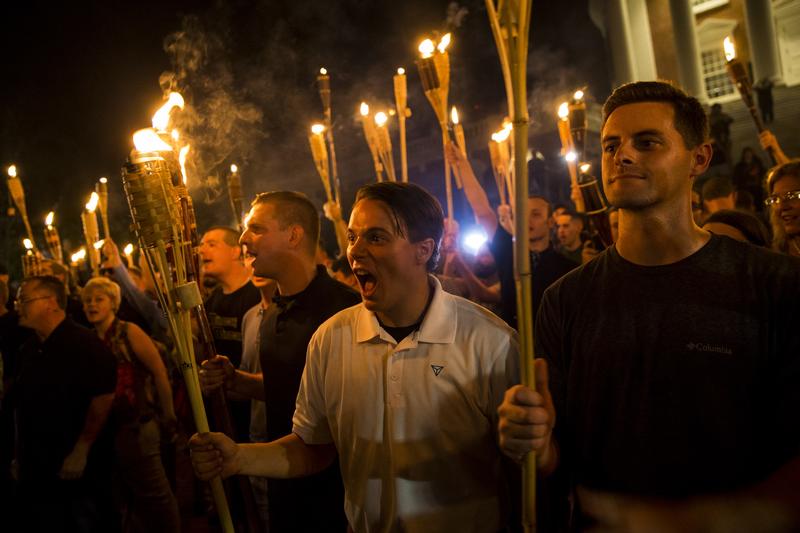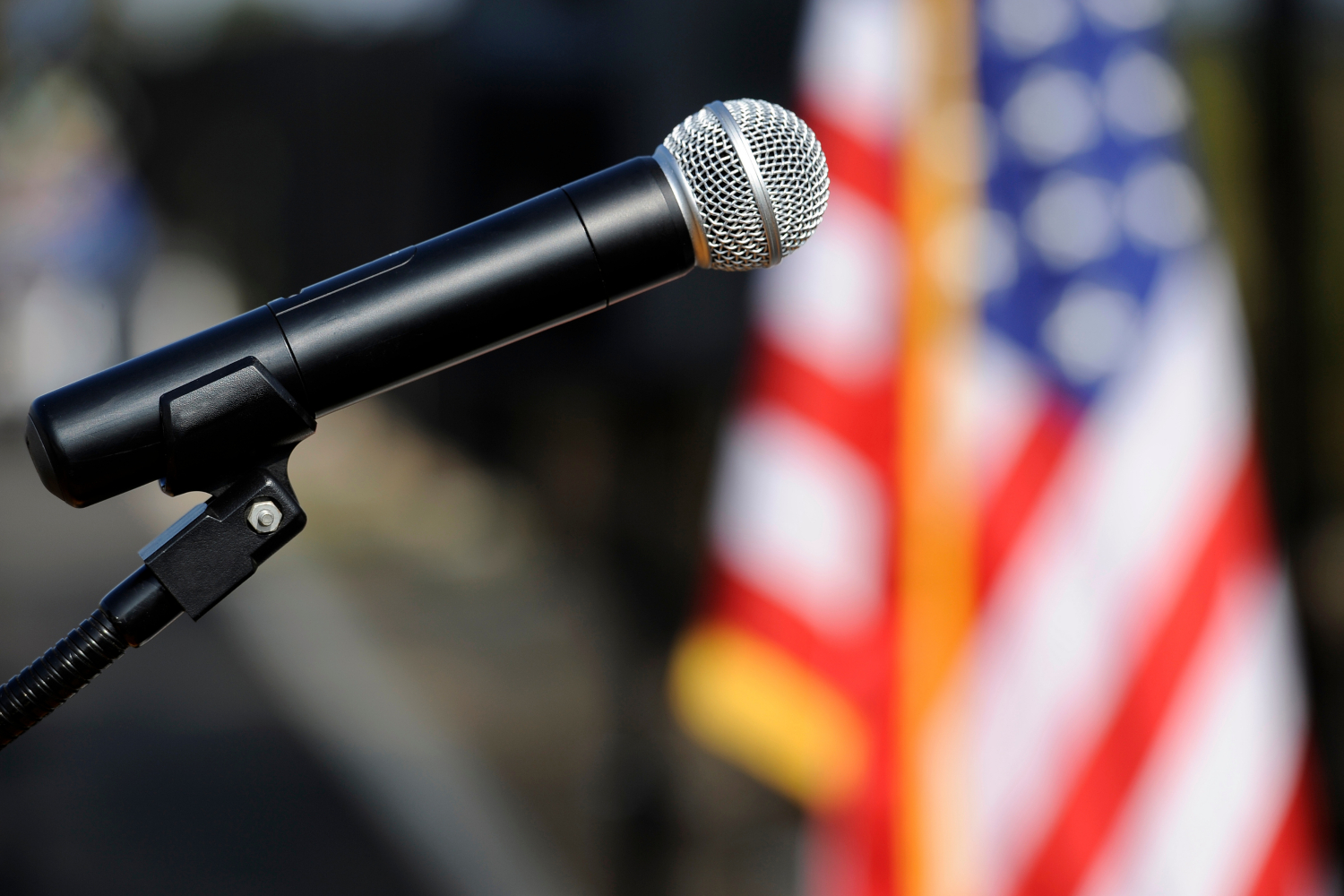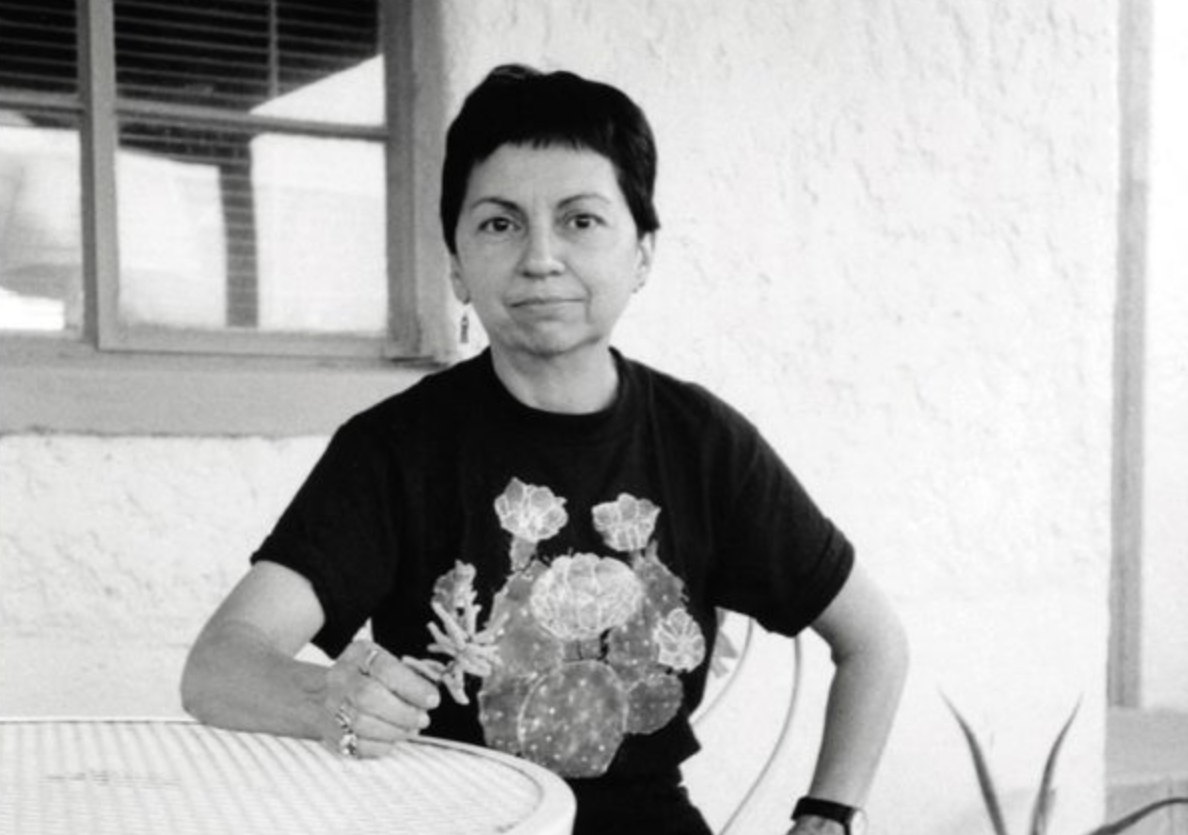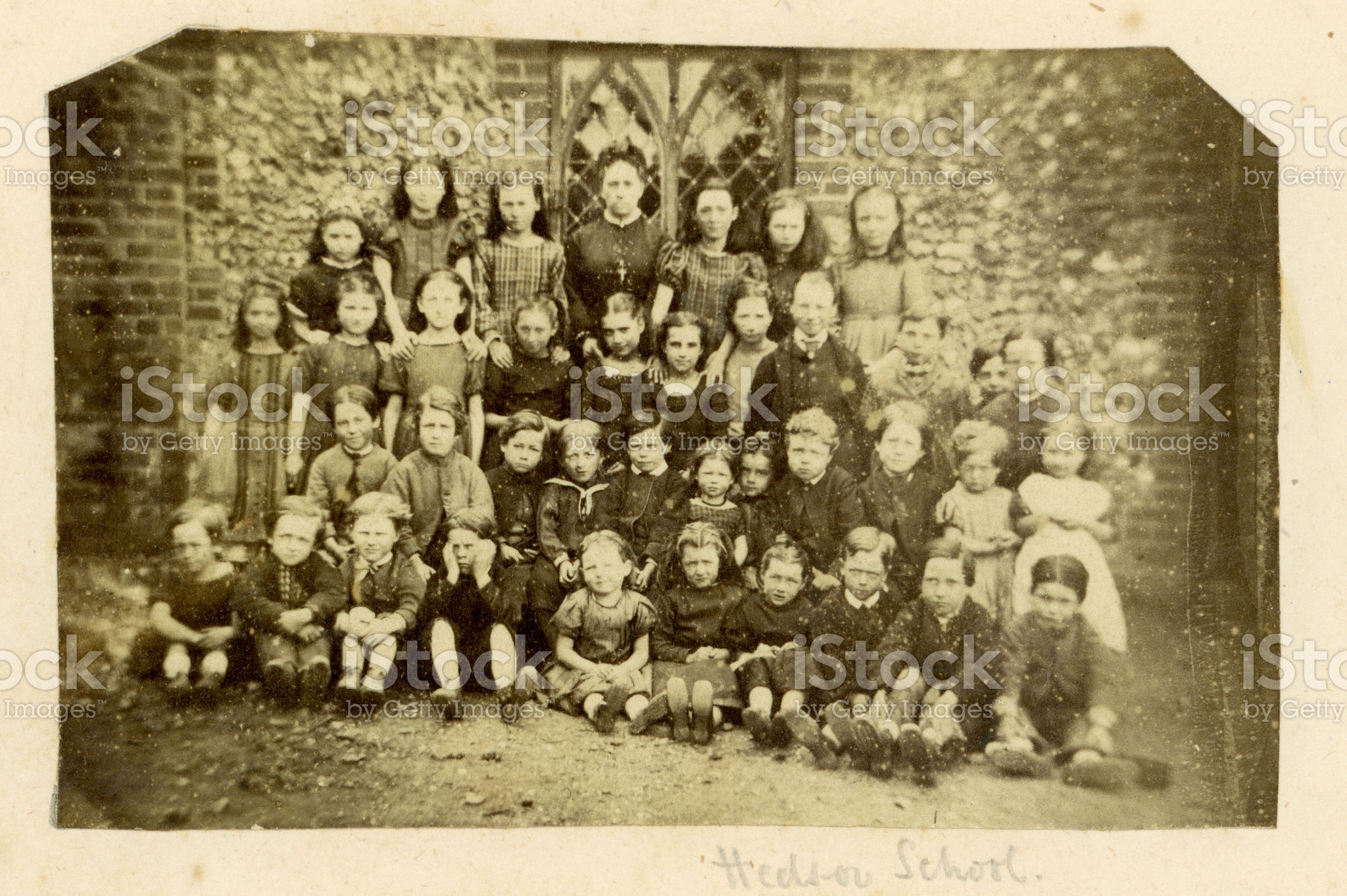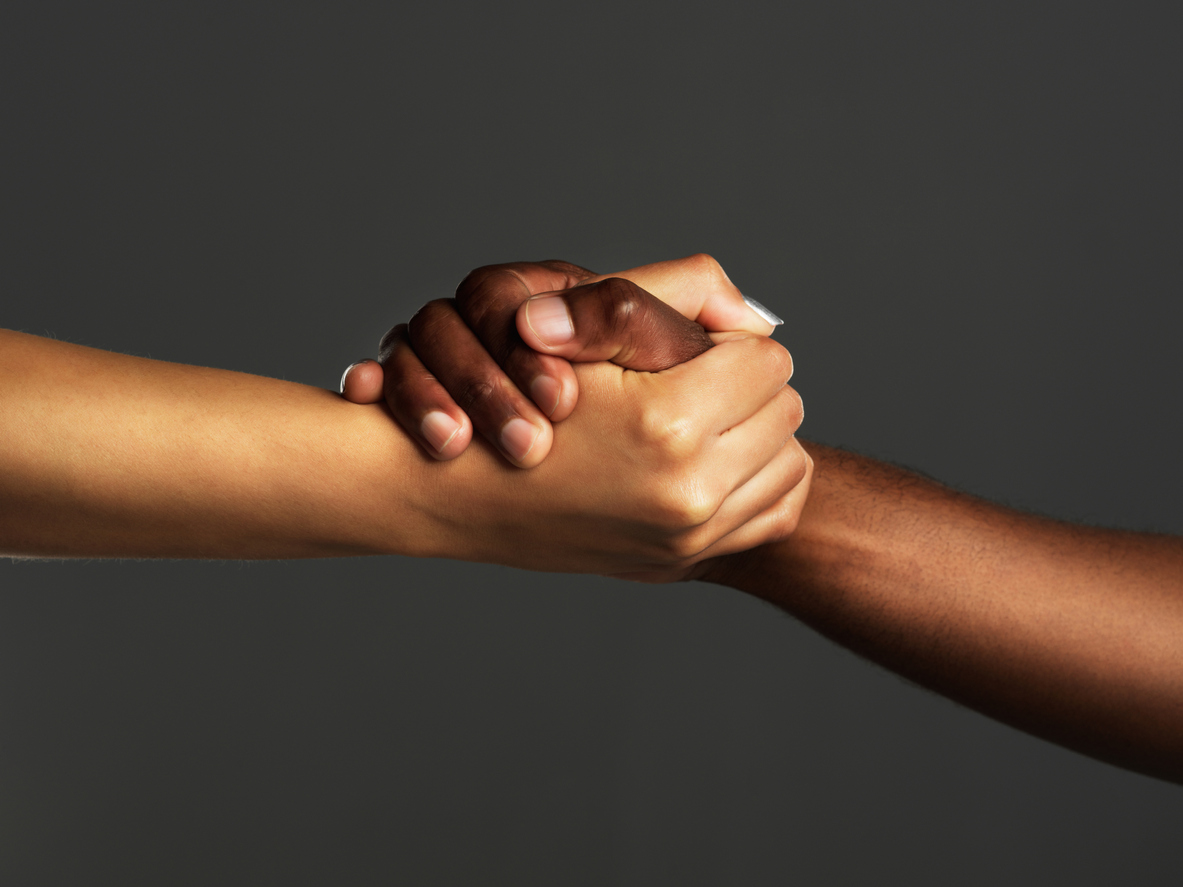As we approach the November election in the United States, we find ourselves in a chaotic political landscape defined by an endless deluge of conflicting information and a sense of rising stakes across political camps. Amid this flurry of activity, it is easy to get lost in the unique features of this election and gloss over perennial issues that still warrant our attention. These include the long (and ongoing) fight to extend voting rights in this country, the hows and whys of casting one's ballot, and the various forces that keep people from voting. We also have an opportunity to think about the parallel roles that our young people can play in enhancing democratic processes that don't involve setting foot in the voting booth. The following five books released this year each cover important material on these themes and equip the reader with crucial information as we approach November. Below, the publisher of each book provides an overview of each title:
Reckoning With Our Past: The Legacy of Migration and Belonging in US History
Posted by Charles Thomas Lai FitzGibbon on October 3, 2020
Fifty-five years ago this October 3rd, at the base of the Statue of Liberty, President Lyndon Johnson signed the Immigration and Nationality Act of 1965. “This bill is not a revolutionary bill,” explained Johnson. “It does not affect the lives of millions. It will not reshape the structure of our daily lives.” What it would do, he hoped, was eliminate the hypocrisy that had allowed the nation to embrace ideals of freedom and equality while sustaining discriminatory immigration policies that had effectively barred non-white migrants from entering the country for decades.
Topics: Immigration
At Facing History, we stand with educators who are working to disrupt rising white nationalism.
Since the Unite the Right Rally of 2017 in Charlottesville, white nationalist groups have become increasingly visible on the national stage, deepening threats of racial and antisemitic violence across the country. Indeed, these threats are so severe that the Department of Homeland Security prepared draft reports (recently released to the press) indicating that “white supremacist extremists” currently pose the greatest terror threat to the nation.
Topics: Antisemitism, Racism, white supremacy
The history of debate and civil discourse between candidates running for political office in the United States has long been held up as a pillar of our elections process and our democracy. Typically used as a means to debate policy publicly, defend positions, and appeal to voters, debates bring candidates into the same space and ask them to adhere to a set of agreed upon rhetorical rules of engagement. As we approached the first 2020 presidential debate between President Donald Trump and former Vice President Joe Biden, many hoped for a sound policy discussion that would leave them with a strong sense of each candidates’ beliefs and positions. What we saw instead was a distressing abandonment of our accepted norms and expectations of civil discourse in favor of a confusing, hostile, and demoralizing exchange on the global stage.
Topics: voting, civil discourse
At Facing History’s inaugural Teaching for Equity and Justice summit in 2020, we had the opportunity to hear from Dr. Scott Seider and Dr. Daren Graves—two developmental psychologists committed to deepening communities’ capacities to educate and care for Black and brown youth. Co-authors of Schooling for Critical Consciousness: Engaging Black and Latinx Youth in Analyzing, Navigating, and Challenging Racial Injustice, Seider and Graves shared a wealth of insights from their research on the importance of cultivating critical consciousness in the classroom and how to get started. Below are some excerpts from their presentation:
Topics: Equity in Education
September 15th marks the beginning of Hispanic American Heritage Month—a time to deepen our attention to the histories, experiences, and brilliance of Hispanic American peoples including Latinx communities. We present to you the following five new books to consider as you engage with these themes this month and beyond. These titles run the gamut from historical scholarship and classroom pedagogy to memoir, poetry, and even a book for young readers eager to familiarize themselves with Latinx heroes. Below are words from each publisher about what you will find inside each title:
Topics: Latin America, Reading List, Latinx History
Guest writer Thomas Simpson offers a review of journalist Ezra Klein’s new book, Why We’re Polarized. Thomas holds a master's degree in History from Georgetown University and is a core member of Facing History's Marketing and Communications team.
The 2020 election has been conspicuously different from past presidential campaigns. Digital party conventions, canceled swing state rallies, and the ongoing fight over mail-in ballots are just some of the ways that the COVID-19 pandemic has shaken up the usual quadrennial rituals of American politicking. Yet, Biden voters and Trump voters alike would agree with the sentiment that one trend in American politics has only grown stronger this year: the polarization of the two parties. More to the point, there’s an assumption that such polarization is unambiguously bad - something that poses a grave threat to the fabric of American society. Admittedly, as an avid consumer of political news myself, these are things that I’ve also thought about increasingly over the past decade.
Topics: Democracy
Amid the upheavals of this year, the status of teachers as workers has come into focus as never before. After a great many decades in which teaching has been a devalued form of labor and associated with childrearing, the events of 2020 have begun to flip the script. We’ve been hearing many stories this year of teachers being lauded as superheroes as parents become aware of the rigors of full-time teaching for the very first time. Yet these positive appraisals are a double-edged sword. We’ve also been hearing stories of teachers being asked to sacrifice their own health with near-martyrlike dedication, in part, so that other workers with children can resume their professional lives. How quickly we forget that teachers are also professionals, and many are parents themselves.
Topics: Teachers
In three parallel interviews, I had the opportunity to speak with three Facing History educators from public and private schools about their institution’s move to remote instruction this fall. Their roles encompass teacher and school leadership functions, and all are now exploring what the coming months will look like in the virtual classroom. Plans to implement remote instruction have been provoking challenging questions, concerns, and bold visions for the future of education beyond the COVID-19 pandemic. Learn how each of these educators is navigating the return to school below:
Topics: Back-To-School, Teaching, Online Learning
History As Our Guide: Understanding What Divides, and What Connects
Posted by Charles Thomas Lai FitzGibbon on August 31, 2020
We ended last school year in a time of unraveling. On May 25th, 2020, George Floyd was murdered under the knee of Derek Chauvin while three other police officers stood by as accomplices. We as educators rose to support and hold space for our students to process and situate this moment in its larger movement, in defense of Black lives, and in the mourning of so many others. A reckoning took hold on the conscience of the nation, and James Baldwin’s words rang loud and clear: “History is literally present in all that we do.” We each were personally called to face our own positionality, our own biases, and our own complicity in sustaining systemic oppression—a call that is and will be ongoing.
Topics: Racism, Black History, Asian American and Pacific Islander History

